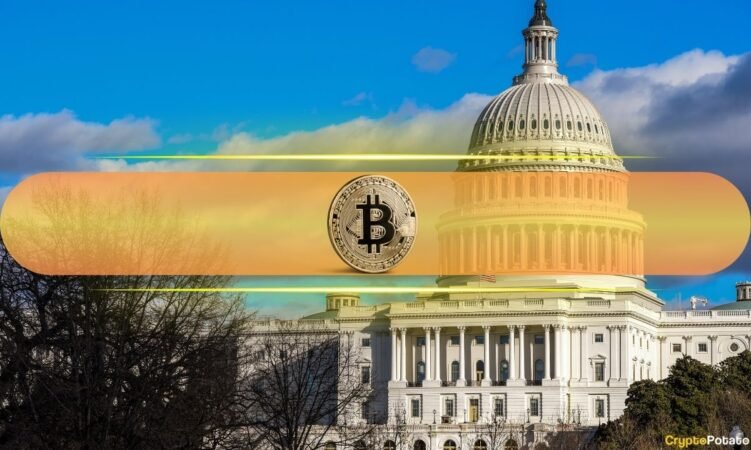Quick Takeaways
- PCE Inflation Analysis: The Federal Reserve prefers the Personal Consumption Expenditures (PCE) index over the Consumer Price Index (CPI) for economic decision-making, indicating that inflation rates are modest but still a concern for Bitcoin prices.
- Interest Rate Outlook: With the effective federal funds rate currently at 4.33%, there is potential for further rate reductions; however, Fed Chair Jerome Powell emphasizes a cautious approach, wanting progress on inflation before any changes.
- Softening Fed Stance on Crypto: The Federal Reserve has recently adopted a more accommodating stance toward cryptocurrencies like Bitcoin, allowing banks to serve crypto customers, which could influence the market’s perception of digital assets.
- Macro Impacts of Bitcoin: Bitcoin’s role in providing an alternative currency may give the Fed additional flexibility in managing inflation and interest rates, reflecting its growing significance in the broader economic landscape.
PCE Inflation Fell – Could This Spell Trouble for Bitcoin’s Price?
Recent data shows that inflation in the United States is easing. The core Personal Consumption Expenditures (PCE) index rose just 0.3% from December to January, meeting predictions. This marks a shift, as the year-over-year increase also declined. Analysts consider this a potential concern for Bitcoin’s value.
The Federal Reserve, led by Chair Jerome Powell, has signaled a cautious approach toward interest rates. Currently, the effective federal funds rate is 4.33%, down 1% from previous years. Historically, lower interest rates have often triggered significant Bitcoin price surges. Consequently, many observers wonder if a decrease in rates could support another rally.
Powell assures that the Fed will not rush to lower rates. In recent testimony, he noted, “We’re in a pretty good place with this economy.” His comments suggest the Fed’s commitment to monitoring inflation trends before making any drastic changes.
The evolving landscape of cryptocurrency regulation also impacts Bitcoin. The White House and SEC seem increasingly supportive of the crypto sector. Powell emphasized that banks are allowed to serve crypto customers, indicating a more accommodating attitude towards digital currencies.
Bitcoin’s unique position in the financial landscape offers new possibilities. It acts as a supplementary currency to the dollar, potentially easing concerns about inflation. Moreover, it incentivizes long-term savings, which may allow the Fed more flexibility in managing interest rates.
As Bitcoin’s market presence grows, its intersection with traditional finance continues to attract attention. Investors remain watchful, understanding that these economic factors directly influence market dynamics.
Stay Ahead with the Latest Tech Trends
Learn how the Internet of Things (IoT) is transforming everyday life.
Discover archived knowledge and digital history on the Internet Archive.
Disclaimer
This content is for informational and entertainment purposes only and does not constitute financial or investment advice. Cryptocurrency is highly speculative and carries significant risk, including the potential loss of your entire investment. Do not make financial decisions based on this information. Consult a licensed financial advisor before investing. This site does not offer, sell, or advise on cryptocurrency, securities or other regulated financial products in compliance with SEC and applicable laws. Please do your own research and seek professional advise.
CryptoV1

